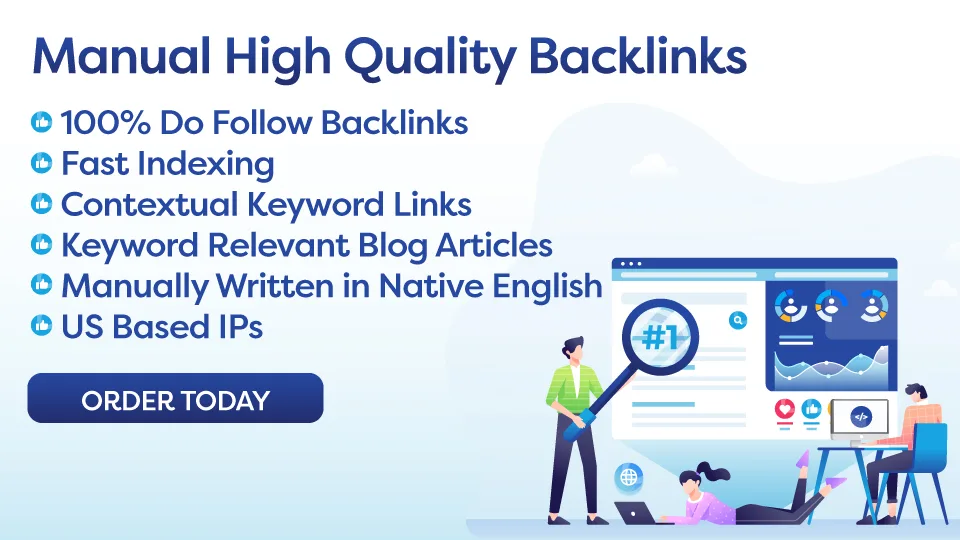Keyword Research for Small Businesses: A Guide for Improving SEO
In today’s digital landscape, having a strong online presence is crucial for the success of any small business. With the majority of consumers turning to search engines to find products and services, it is imperative for small businesses to have a solid search engine optimization (SEO) strategy in place. And at the core of any effective SEO strategy lies keyword research.
Keyword research is the process of identifying the words and phrases that your target audience is using to search for products or services online. By incorporating these keywords into your website content, you can improve your search engine rankings and drive more organic traffic to your site. In this article, we will discuss the importance of keyword research for small businesses and provide a guide for conducting effective keyword research tailored specifically to their needs.
Why is Keyword Research Important for Small Businesses?
As a small business, you may not have the resources to compete with larger companies in terms of advertising and marketing. However, keyword research can level the playing field by allowing you to target specific keywords that are relevant to your business and have a high search volume. This means that even with a smaller budget, you can still reach your target audience and attract potential customers to your website.
Additionally, keyword research can provide valuable insights into consumer behavior and trends within your industry. By understanding what keywords people are searching for, you can tailor your content and marketing efforts to better meet their needs and stay ahead of your competitors.
Conducting Keyword Research for Small Businesses
Now that we understand the importance of keyword research, let’s dive into the steps involved in conducting effective keyword research for small businesses.
1. Understand Your Target Audience
The first step in any keyword research process is to understand your target audience. Who are they? What are their interests and needs? By identifying your target audience, you can gain insight into the keywords and phrases they are using to search for products or services related to your business.
2. Brainstorm Relevant Topics
Once you have a clear understanding of your target audience, brainstorm a list of topics that are relevant to your business. These topics should be broad enough to cover a range of keywords but specific enough to be relevant to your target audience.
3. Use Keyword Research Tools
There are various keyword research tools available that can help you identify relevant keywords and phrases for your business. Some popular options include Google Keyword Planner, SEMrush, and Ahrefs. These tools can provide insights into keyword search volume, competition, and related keywords.
4. Analyze Competitor Keywords
Another useful tactic in keyword research is to analyze the keywords your competitors are using. This can provide valuable insights into their SEO strategy and help you identify any gaps or opportunities in your own keyword strategy.
5. Choose the Right Keywords
After conducting thorough research, it’s time to choose the keywords that will best suit your business and target audience. Look for keywords with a high search volume and low competition to increase your chances of ranking well on search engine results pages.
Conclusion
Keyword research is a crucial aspect of any small business’s SEO strategy. By understanding your target audience and conducting thorough research, you can identify the right keywords to drive organic traffic to your website and improve your search engine rankings. Remember to regularly review and update your keyword strategy to stay ahead of changing consumer trends and maintain a strong online presence.
FAQ
What is the purpose of keyword research?
Keyword research helps businesses identify the words and phrases their target audience is using to search for products or services online. By incorporating these keywords into their website content, businesses can improve their search engine rankings and drive more organic traffic to their site.
Can keyword research benefit small businesses?
Yes, keyword research can greatly benefit small businesses by allowing them to target specific keywords that are relevant to their business and have a high search volume. This can help level the playing field and attract potential customers to their website, even with a smaller budget.
How often should businesses review and update their keyword strategy?
It is recommended to regularly review and update your keyword strategy to stay ahead of changing consumer trends and maintain a strong online presence. This can be done on a monthly or quarterly basis, depending on the nature of your business and industry.

